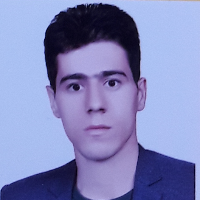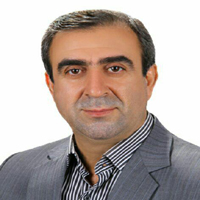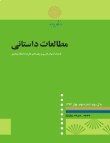The Analysis of Hushang Moradi Kermani’s Story Collection “Labkhan-e-Anar” Regarding the Psychological Richness of P4C Program
Philosophy program for children (P4C) is considered as valuable skills like pondering contents and various situations of life, and being able to argue, distinguish and judge. Matthew Lipman presented a novel approach in early 1970s which aims to teach children and teenagers by the ways beyond the old methods in traditional nurture systems. This approach applies story as the main tool. In fact, stories draw different life situations with high quality and make children get ready to face life problems logically. Therefore, P4C stories are enriched with literal, philosophical and psychological contents. The present study has analyzed psychological richness of “Labkhand-e-Anar” by Houshang Moradi Kermani applying descriptive-analytic approach. The findings reveal that a majority of the stories have high psychological richness, although if they are supposed to be used in P4C, the weaknesses must be corrected. 12 stories of this collection are optimal in terms of appropriate word use and three stories are rather optimal. Coherently, eight stories are optimal for children in terms of child’s perception, while six stories are rather optimal and one is non-optimal.
-
Investigating the Appearance of Iranian Women during the Safavid Era Based on Cultural Iconography (Case study: Travelogues of Sanson and Tavernier)
*, Nazanin Namdari
Journal of WOman in Culture Arts, -
Comparing Najm al-Din Razi’s and Ali Ibn Turke Esfahani’s Mystical Schools with Emphasis on the Treatises Love and Reason and Reason and Love (Monazerat Khams)
, Hossein Aghahosseini *
Researches on Mystical Literature (Gawhar-i Guya), -
Analysis of cognitive skills in Razavi's novel Wake me up based on Lipman's critical thinking
Parisa Ahmadi, *
Didactic Literature Review, -
Analyzing Moral, Didactic and Educative Contents of Lakish Proverbs
*
Journal of The Iranian Studies,




